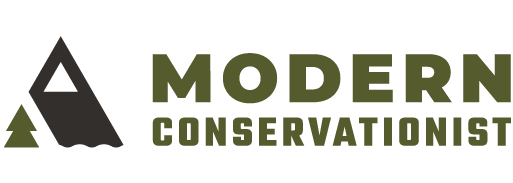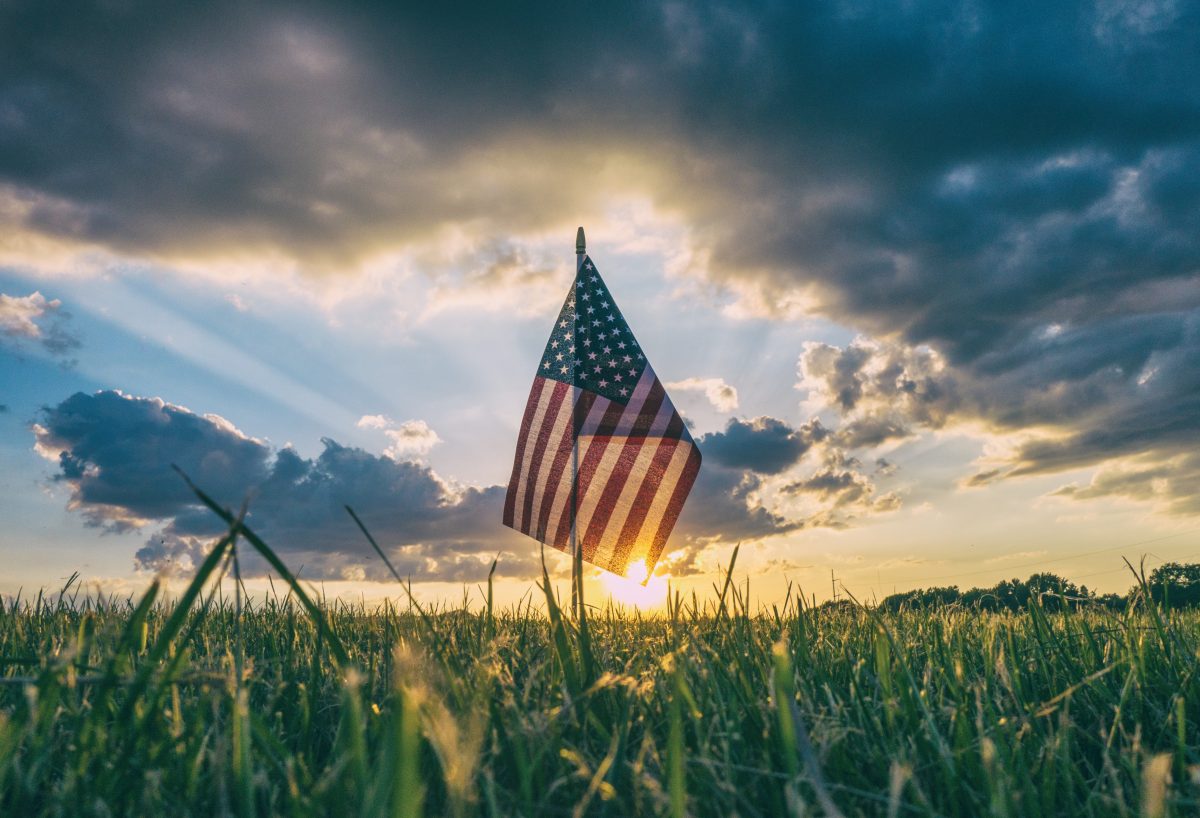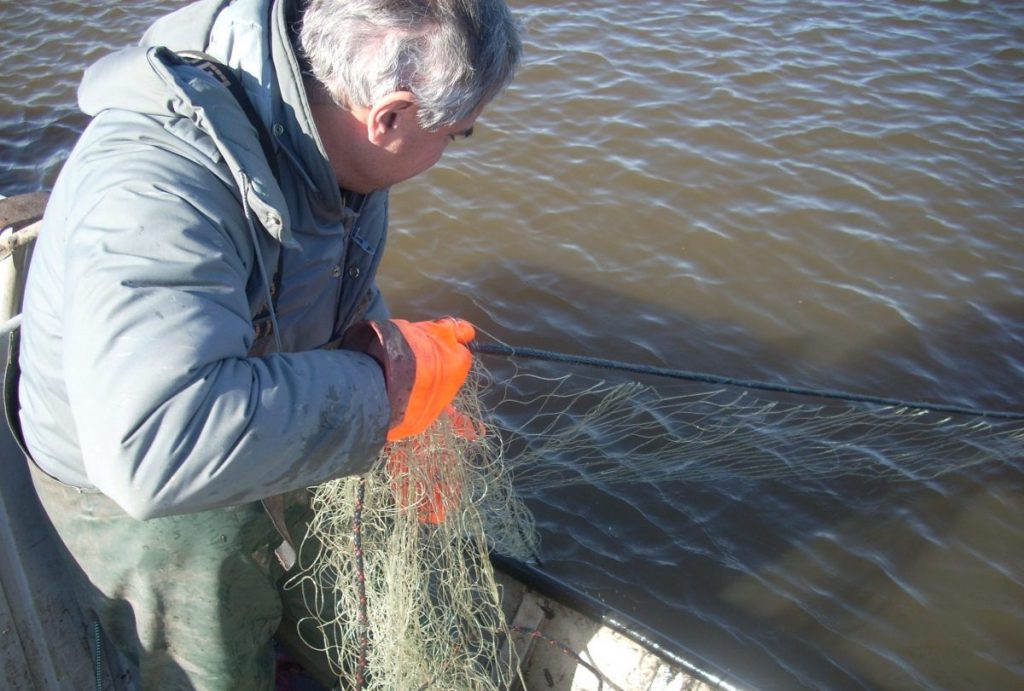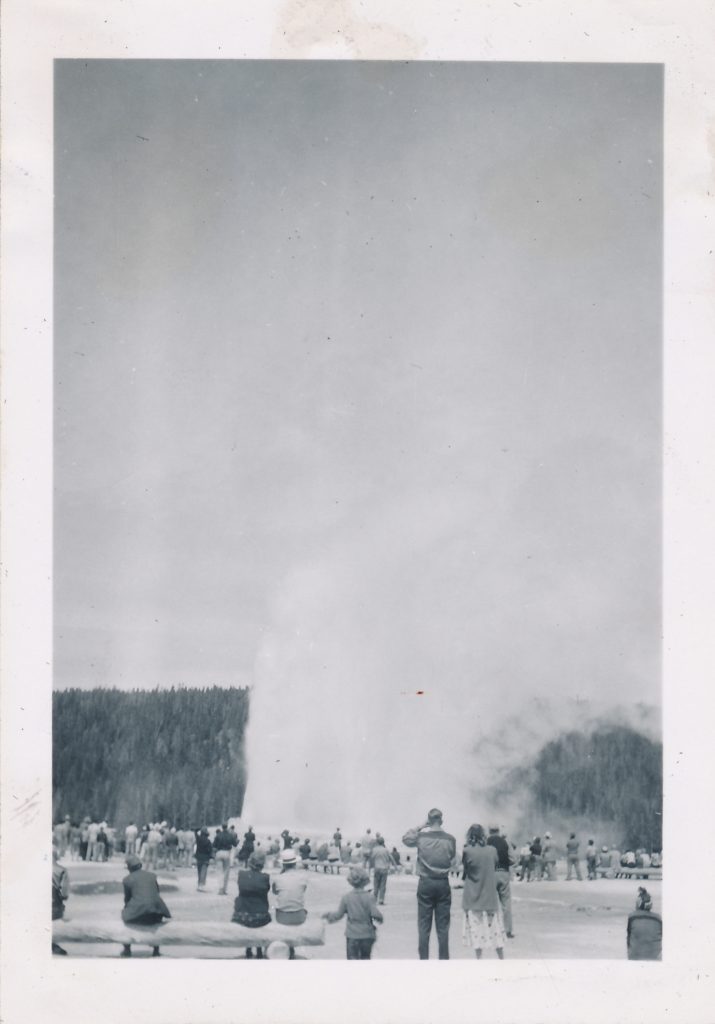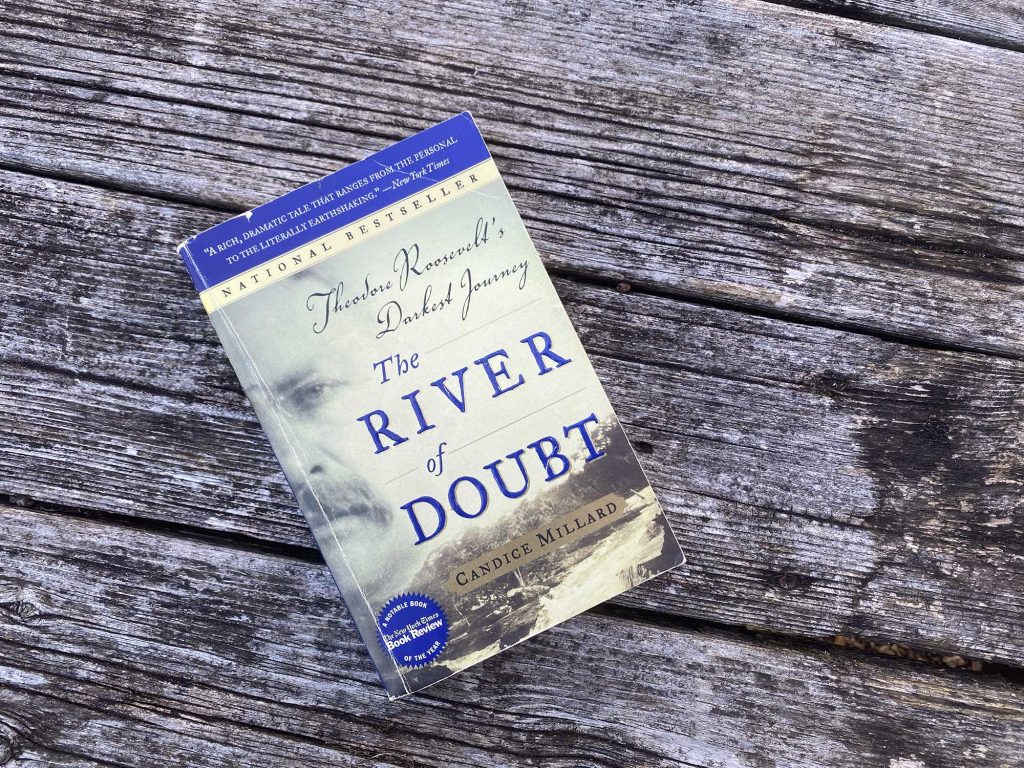Raised in the mountains of northern British Columbia by an avid outdoorsman of a father, Toby Nunn became especially comfortable and at ease in the outdoors — a sense cultivated on the many hiking, canoeing and fishing trips he went on with his father. So when Nunn left the U.S. Army in 2010 after nearly 15 years of service as an infantryman, instead of seeking consolation from medical practitioners, he sought it in nature.
“I personally have never found solace and healing in any kind of pill. … I’ve always believed that I have to take ownership of me and my crap and deal with it,” he says. “Being back in the outdoors, I got this feeling of normalcy. I got this feeling of reintegration, of putting [myself] back together.”
After moving to the United States with his father as a young man to pursue higher education, Nunn found himself in awe of the many freedoms afforded Americans and felt called to contribute. “The price I felt that I needed to pay to stay was to serve,” says Nunn. “I wanted to earn my citizenship. I wanted my ballot to mean something.”
Now, as director of operations for the nonprofit Veteran Outdoors, he continues to serve but in a different capacity, helping provide quality hunting, fishing and other outdoor-recreation opportunities for other wounded veterans. For Nunn, the outdoors is a natural fit for improving veterans’ well-being as it simulates the military experience in many ways.
“In the military, you’re taught a lot about surviving, enduring, appreciating and exploiting the environment that you’re in, so to get guys and gals back into that mindset is really key,” he says.
Founded in 2008, Veteran Outdoors’ goal is to raise awareness about the therapeutic effects that being in the outdoors has on the mental and physical well-being of the nation’s wounded veterans. The organization achieves this through not just hunting and fishing excursions, but also hiking, canoeing, backpacking and other adventures, Nunn says.
“You take some hard-charging guys and gals out on a hike, you face some physical adversity, you go out and stalk an animal or raft a river and then sit by a fire that night, you get to a point of healing, understanding and empathy a lot quicker because now you’ve had this shared adversity.”
“For the most part, we try to utilize deep outdoors, if you will, more than just superficial outdoors,” he says. Meaning participants are more than just passive viewers of nature, they’re fully immersed and actively engaged in the outdoors. This might take the form of a group salmon fishing trip to the Pacific Northwest in September or a Cabo San Lucas fishing trip in June, a backpacking trip to Zion National Park or a spur-of-the-moment hog hunt in Texas.
Most participants come to the organization on their own, while others are referred by a family member of medical practitioner. Nunn says excursions for these individuals are tailored based on what the referring person recommends.
“It’s really just finding the right thing for that person [that will have] the right impact,” he says. “We go where the best opportunity for that activity is or where we can make the best run at that adventure.”
The benefit of these outdoor adventures comes from stripping down Maslow’s Hierarchy of Needs to their most basic level, says Nunn. “[You’re] going back to a very primal place, taking cell phone bills and mortgage interest payments out of people’s minds and getting down to ‘OK, I need to get to the top of that hill. I need to make it to base camp. I need to be really quiet and wait here because this is where the signs indicate this animal’s going to pass,’” he says. “Putting it back into this primal perspective, taking out that white noise.”
This experience, he believes, is not one that a person can get from a classroom or group therapy session but that comes from facing and overcoming hardship alongside others.
“If I took a bunch of guys, set them in a circle and said, ‘Hey, let’s talk about our feelings,’ it might take a while,” says Nunn. “But, you take some hard-charging guys and gals out on a hike, you face some physical adversity, you go out and stalk an animal or raft a river and then sit by a fire that night, you get to a point of healing, understanding and empathy a lot quicker because now you’ve had this shared adversity — which is really the human experience in combat.”
These experiences are particularly impactful for veterans with physical disabilities, some of whom Nunn says feel debilitated by their new condition. “They think that because they’re missing an appendage or they’re somehow damaged that they don’t have the ability to enjoy, the ability to accomplish or the ability to pursue something that they did before,” he says. “By going out in a very primal way, [they] demonstrate that they are fully capable regardless of physical circumstance.”
 Believing that “there’s a lot of freedom on the other side of hard work,” Nunn says Veteran Outdoors encourages these individuals to challenge themselves — an experience that can lead to self-improvement.
Believing that “there’s a lot of freedom on the other side of hard work,” Nunn says Veteran Outdoors encourages these individuals to challenge themselves — an experience that can lead to self-improvement.
“‘You want to know if you can climb that mountain with only one leg? There’s only one way to find out. Let’s go climb it. Then, when you find out that that’s well within you, you know that everything else is,’” says Nunn. “I’m the same way personally. When I face adversity — when I challenge myself and go out on these trips — I come back a better husband; I come back a better dad.”
“I couldn’t do that if there wasn’t this awesome planet out there to enjoy,” he adds.
In addition to the opportunity to challenge oneself, the wilderness in particular offers the perfect setting for a release.
“If your emotions are at a boiling point, it provides you a place where you can exhaust them without endangering anything. If you want to scream with rage from the top of a ridgeline, let yourself go. The birds don’t judge you; the trees won’t,” he says. “Everything is biologically simpler, and it allows you to just be present with yourself.”
Hosting approximately 45 trips a year across the U.S., Veteran Outdoors serves an average of 254 deserving veterans annually; “deserving,” Nunn says, refers to those who have served honorably — the organization’s only real requirement.
All trip expenditures and gear are covered by Veteran Outdoors through donations from individuals and corporate sponsors. Nunns says they get a lot of equipment either at cost or through donations from their partners in the firearms, fishing and outdoor equipment and apparel manufacturing and retail industries.
“The only thing [participants] need to bring is a good attitude, a thirst and a hunger. Everything else is provided,” he says, adding that the gear is theirs to keep afterwards.
Although Nunn says Veteran Outdoors has been lucky to have such great, loyal sponsors, requests to participate often exceed the organization’s budget; it receives about 10 requests per week and has a waiting list of 400-plus people. With only four staff members, all of whom also work full-time paying jobs, the organization is also limited by bandwidth. However, Nunn and his colleagues don’t let these impediments stop them.
“If you save one dude from despair and give him a purpose and another challenge in his life to focus on versus the darkness that he’s dealing with, that’s success.”
“Some years, the need is great, and if we didn’t have the money in the account, we’d either put it in out of our own [pockets] or figure it out [some other way,] because you don’t want that person who’s in a bad spot to not have the opportunity to change their perspective and have that person take their life,” says Nunn.
This is one metric by which he says one could judge the organization’s success: Since Veteran Outdoors’ founding, just one person who has participated in any of its activities has taken their own life. But even one life, Nunn says, cannot be undervalued.
“If you save one dude from despair and give him a purpose and another challenge in his life to focus on versus the darkness that he’s dealing with, that’s success,” he says.
The outdoors, Nunn believes, provides the perfect ambience to do this.
“That’s kind of the backdrop to letting guys and gals unburden themselves of some of that baggage, take their rucksack off for a little bit, pull out some of the hardness, unpackage it and leave it out in the woods,” he says.
